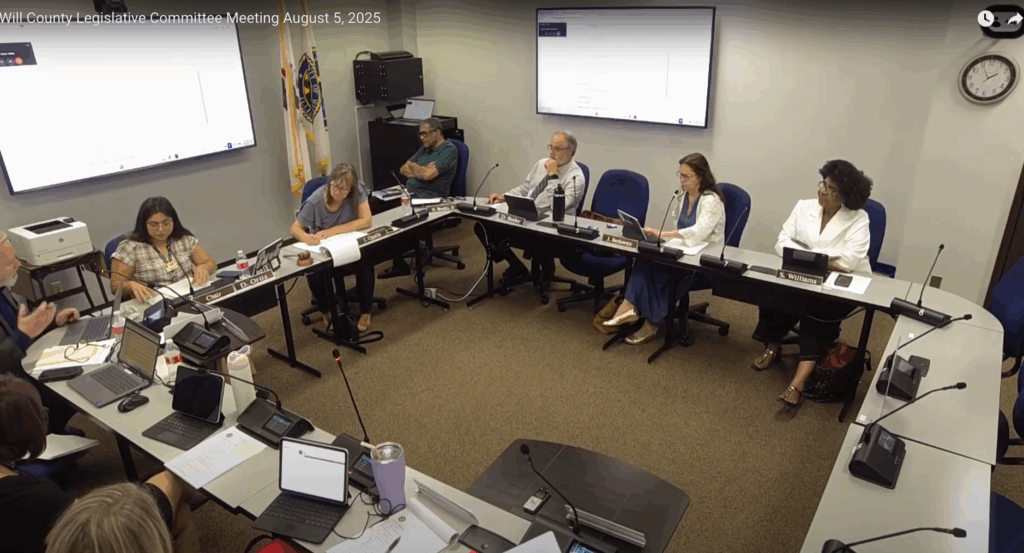
Illinois biz leader: Diversity computer snafu so bad it ‘has to be intentional’
(The Center Square) – An Illinois computer problem that has led to the diversity decertifications of numerous businesses owned by minorities and women in the past 15 months is financially disastrous and unacceptable, according to the leader of the Illinois State Black Chamber of Commerce.
“The fact of the matter is: I don’t think you can make that mistake,” Larry Ivory, the president of the group, told The Center Square. “This has to be intentional.”
The problem is a new computer system deployed last year that was meant to streamline efforts to award a greater share of state contracts to businesses owned by racial minorities, women and people with disabilities.
Instead, because of technical incompatibilities, many of those businesses have been shut out and might have lost access to an untold amount of taxpayer money.
State leaders seek to spend at least 30% of Illinois’ billions of dollars of annual contract money with those businesses. To achieve that goal, lawmakers created a new state agency – the Commission on Equity and Inclusion – in 2022.
The agency is led by seven governor-appointed commissioners who have annual salaries of about $150,000 and a staff of more than 30 people.
One of the commission’s first actions was to seek a new provider for the system to track the diversity-oriented Business Enterprise Program certifications, including those that are issued by other government agencies. But the provider it selected — VIVA USA, a certified business in the Chicago area — implemented a system that can’t communicate with the other agencies to document their new certifications and renewals.
That has contributed to a precipitous drop in state certifications. Total certifications had peaked at about 5,400 before the system change. Recent figures show the total has been cut nearly in half to about 2,900.
It’s unclear when the commissioners learned the severity of the issue. Chairperson Nina Harris has not responded to several interview requests.
Records of their monthly meetings reviewed by The Center Square include vague references to setbacks the agency’s staff has encountered since the switch.
“Testing of the Certification Model demonstrates that not all functionalities are active,” according to minutes from the commission’s September 2024 meeting.
The staff’s monthly reports of total certified businesses became sporadic or stale this year as the total fell, according to meeting minutes. Previously, new data was reported each month.
In February, Deputy Director LaTasha Binder reported 3,800 active certified businesses. In April she reported the same number based on the same data, which at that point was nearly three months old.
Binder did not make reports of the active certified businesses in three of the next four months, the minutes show. In September, the number had fallen to 2,866.
That is about the time Ivory, of the Illinois State Black Chamber of Commerce, took note of the dramatic decline.
“Something that significant, I don’t know that you can’t know unless you don’t want to know,” he said of the commissioners’ awareness of the problem.
Ivory is a former member of the Business Enterprise Program Council, a group of appointed, unpaid volunteers that oversaw the program before the creation of the commission. The council still meets but with less frequency and attendance, according to state records.
He has been seeking more information about the computer problem and is flummoxed that it wasn’t remedied months ago.
“How many contracts did minorities not get a chance to participate in?” he told The Center Square. “We have been disenfranchised, and no one is saying to me, ‘Larry, this is how we’re going to fix it.'”
Increasing the number of certifications is among the most-important tasks of the agency. State contracts often have diversity requirements that can only be met by hiring certified businesses. Those businesses can be directly awarded contracts or can perform work for parts of larger projects.
Much of the agency’s work is focused on assisting businesses with their certifications, helping them navigate the bidding processes and tracking the state’s progress toward its goal.
Because the computer problem has existed for so long — and because little has been publicly revealed about why it exists and what might be a solution — Ivory has grown suspicious that it was purposeful, although he doesn’t know who might be responsible.
“There are people who don’t want to see equity and fairness,” Ivory said. “Some people have that as an agenda.”
The commission’s leadership is flush with women, minorities and people with disabilities.
The effects of the computer problem on contract awards might be revealed early next year when the commission produces its annual report for lawmakers.
The commission has reported that about $1.3 billion of state contract money went to certified businesses in the fiscal year that ended in 2024 — the highest amount yet. But that was about 4% of what was available to the businesses, which is well short of the 30% goal.
Several active members of the Business Enterprise Program Council and leaders of the Illinois Legislative Black Caucus did not immediately respond to requests to comment for this article.
Latest News Stories

WATCH: Illinois In Focus Daily | Monday Aug. 11th, 2025

Illinois quick hits: Judge denies Madigan’s motion; legislator urges action on DCFS interns

Everyday Economics: CPI takes center stage as tariff-driven price pressures mount

Details pending on billions in foreign investments coming from trade deals

Negative net migration is harmful to the economy, economists say

Texas House sues six Democrats absconding in California
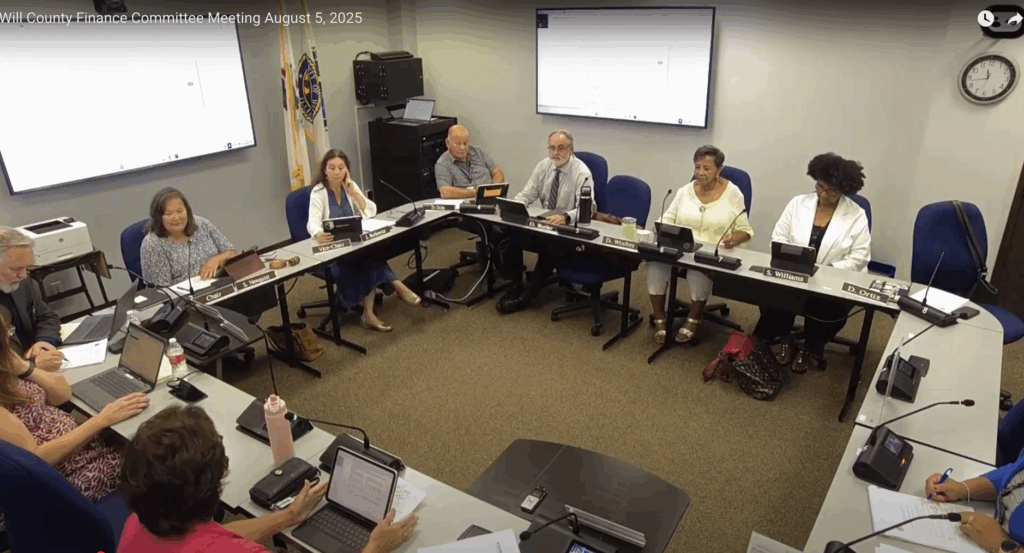
Will County Health Department Seeks $1 Million to Avert ‘Drastic’ Service Cuts from Expiring Grants
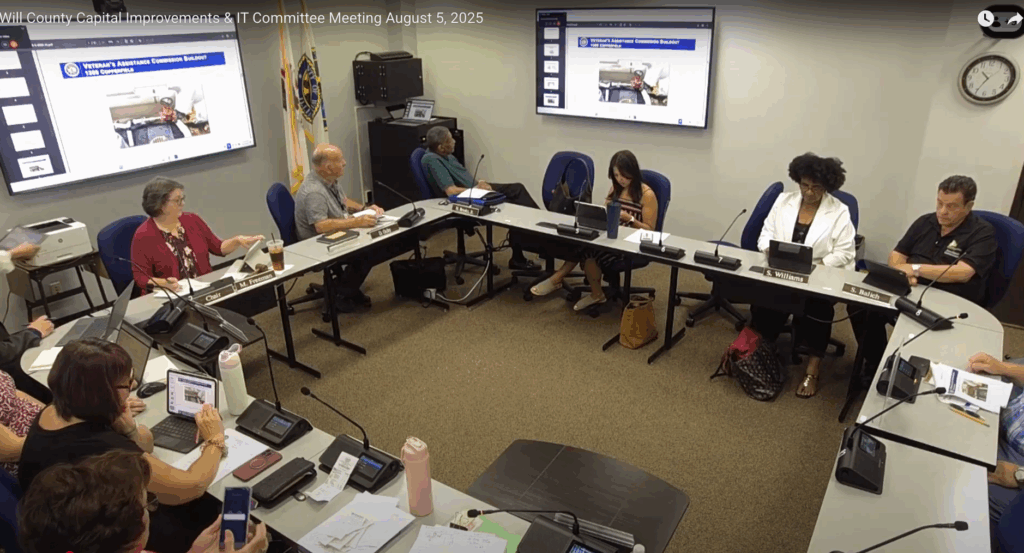
Will County’s “First-in-Nation” Veterans Center to House Workforce Services, Sparking Debate
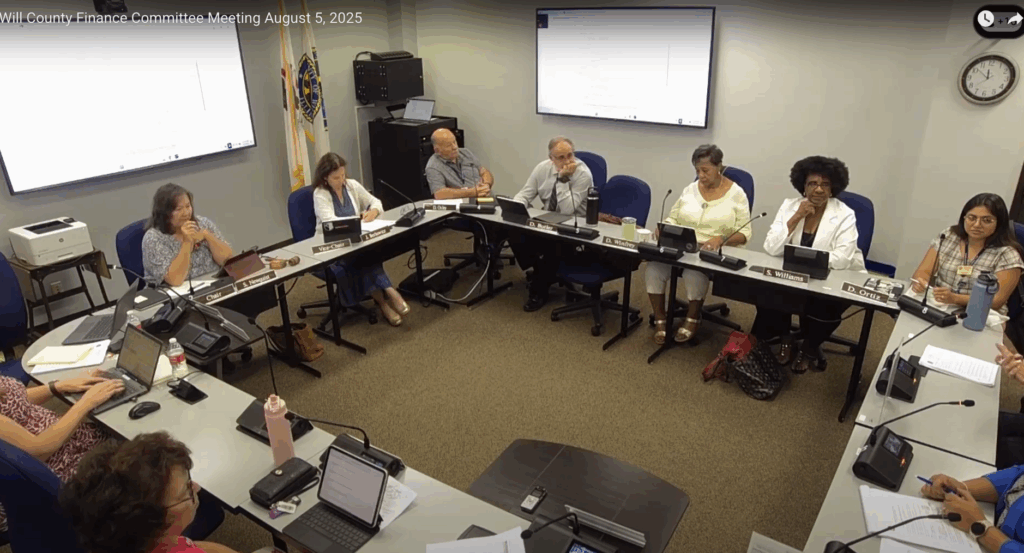
Improved Vendor Service Creates $1.2 Million Shortfall in Sheriff’s Medical Budget

Will County Public Works Committee Unveils 25-Year Transportation Plan, Projects $258 Million Gap
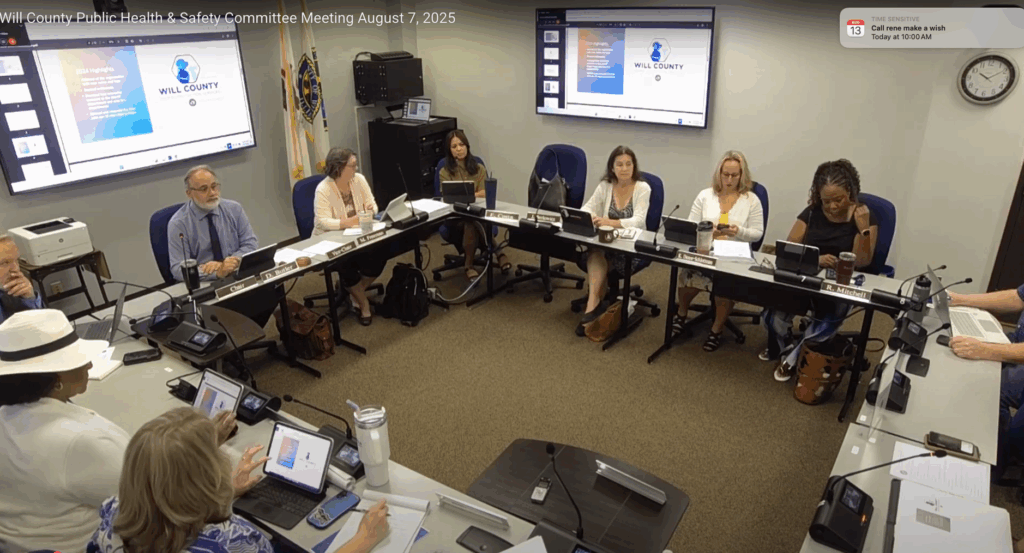
Will County Animal Protection Services Seeks New Facility Amid “Gaping Wound” of Space Crisis
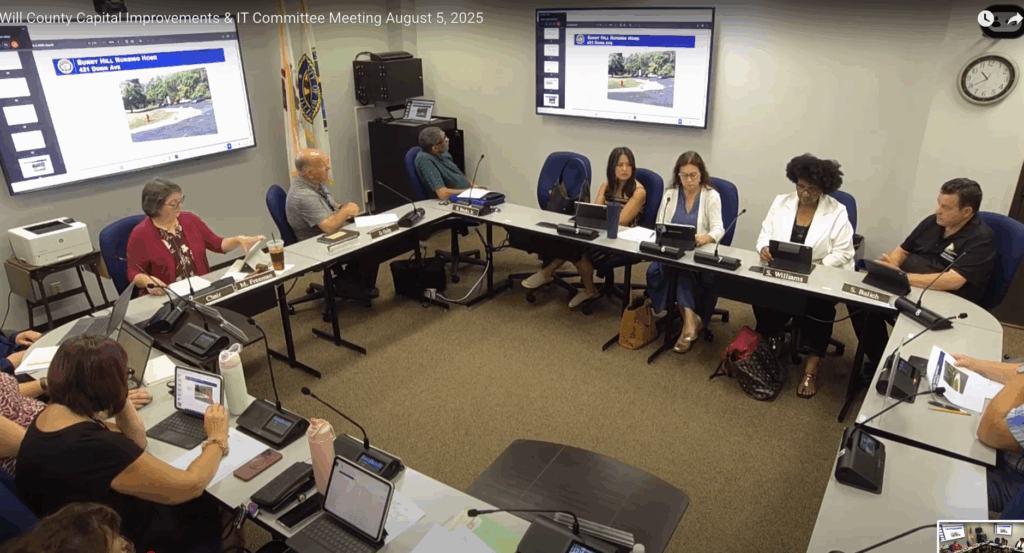
Board Confronts Animal Services Crowding, Explores Future Facility Options
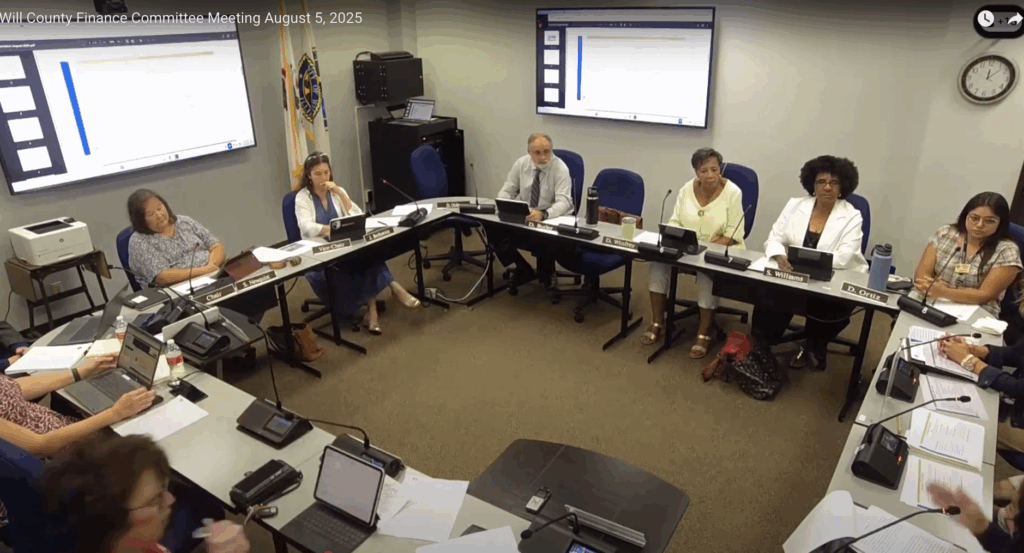
Will County Board Members Demand Transparency in Cannabis Tax Fund Allocation
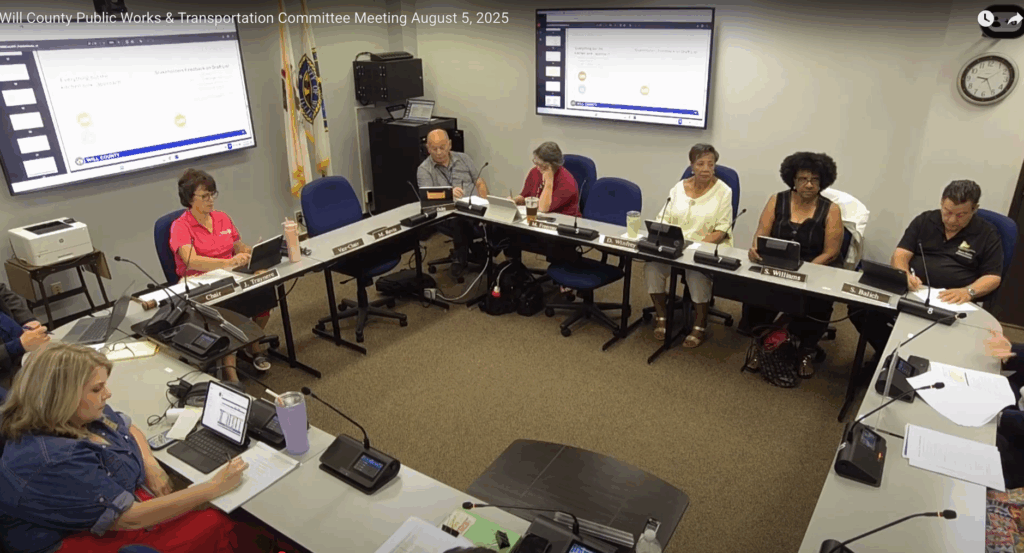
Homer Glenn Residents Push Back on 143rd Street Widening as Officials Signal “Tentative Agreement”
